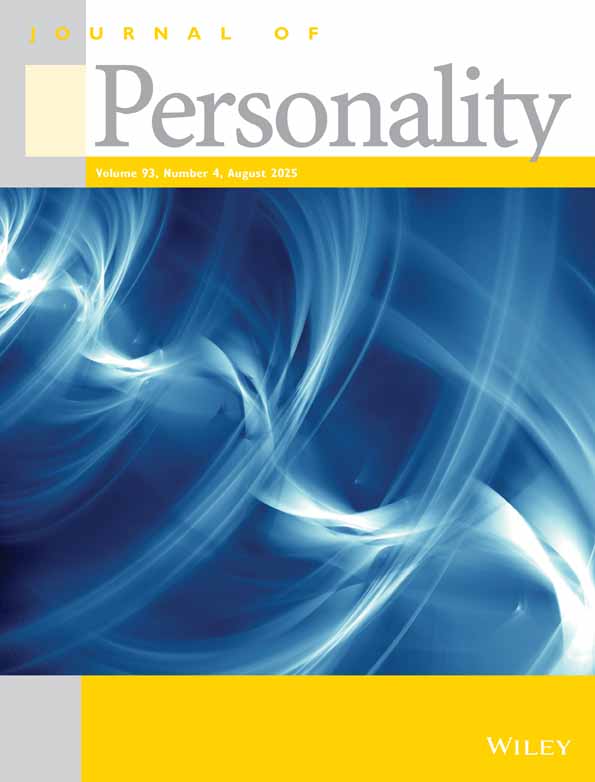Cognitive style and literary regression A study of student writers1
. This paper is based on a senior thesis project conducted by the first author and supervised by the second author, submitted to Kirkland College in partial fulfillment of the requirements for the BA degree. We wish to thank the research participants for sharing with us their beliefs and their short stories. Throughout the research, the advice of Peter Rabinowitz was much appreciated. The comments of anonymous reviewers and editor C. Peter Herman on earlier versions of this paper were helpful, and are gratefully acknowledged. Address correspondence to Christopher Peterson, who is now at the Department of Psychology, Virginia Polytechnic Institute and State University, Blacksburg, Virginia 24061.
Abstract
Forty undergraduates, from either beginning or advanced writing classes, and classified as either abstract or concrete thinkers from responses to the “This I Believe” test, provided two works of prose fiction, which were coded for the use of regression techniques. As predicted, abstract thinkers with advanced training were most likely to employ regression. The relations among abstract cognitive style, creative writing training, and literary regression are discussed.




